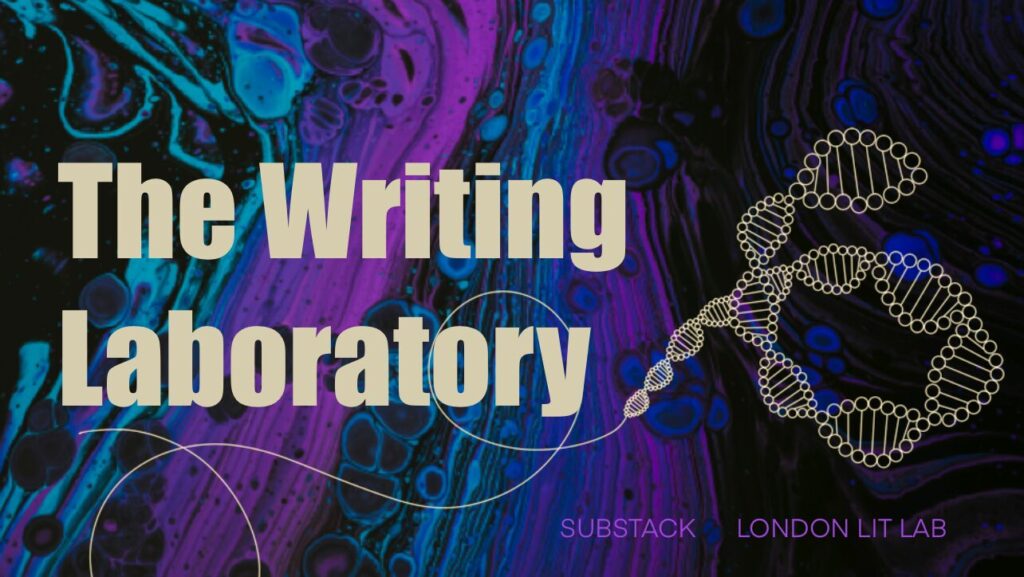Anna Freeman joined London Lit Lab in 2019, and teaches our online course, How to Plot A Page-Turner.
What started you writing – a book, a teacher, an idea?
I think I started writing because I was a bit of a lonely kid. I always felt weird at school, and like I wasn’t just different from the other kids, but incapable of understanding how to fit in. I could be anyone I wanted inside my head, and I had control over my imaginary worlds. I often felt lost in the real one. It’s just the same reason that I loved reading. This is all still true, except that I’ve realised that the concept of weird isn’t really real. Or that we’re all weird. Probably all my classmates had the same feelings I did, at least some of the time, and were just better at hiding it. I’m much more comfortable in myself now, but I still love the control and the escape of writing fiction.
What’s the one piece of writing advice you return to/pass onto others?
Let it be rubbish for as long as it needs to be. If I’m consciously trying to write something good, it almost certainly won’t be. I have to just do a big splurge and see what I can pull from the heap to polish up. I sometimes actually say, “Right, I’m giving myself permission just to write a big mess today,” before I start. I also remind myself that all first drafts look shaky and it’s a painful mistake to compare our early drafts to the published work of writers we love. The more I write, the more experience I have of the publishing industry, the more I understand just how much a published book is a team effort. We can write in isolation, but we can’t edit there.
Which piece of your own writing are you most proud of and why?
I don’t know how to answer that. I don’t really let myself feel proud very often. It’s probably a shame. I’m always just looking forward to the next thing. When people tell me that they’ve read something I wrote, and maybe say nice things about it, I almost feel like they’re talking about an ex from an amicable break up. Something that meant a lot to me at one time, something I’m still fond of, but which I’ve already moved on from. I’m not thinking about that book anymore, unless someone makes me. Being proud sounds nice, though. I might try it.
What are the greatest challenges and the greatest joys of writing, for you?
Besides the things I’ve already said, I love thinking about the shape of narratives. It’s one of the things I most enjoy about other people’s stories and the part of the planning process that sometimes feels most like a game. My biggest challenge is probably the same as a lot of people’s, and it’s just making myself begin writing each day. I have a lot of little tricks to help myself with that but it’s still painful. One of the things I do is set a timer for 45 minutes and agree with myself that I will not get up from the computer until the timer goes off. I use 45 minutes because I can actually get quite a lot done in that time, but it also feels nicely short and not too intimidating. I might do several 45 minutes in a row like that, usually with something in between, like a cup of tea.
What is the purpose of reading; and what is the purpose of writing? Why do we do it?
They’re just one of the best things about being alive. The human imagination is brilliant, isn’t it? Reading and writing is a useful medium for experiencing each other’s imagination, and engaging our own. There are lots of other reasons that reading and writing are wonderful. But that’s probably my favourite one. Or at least my favourite one today.

